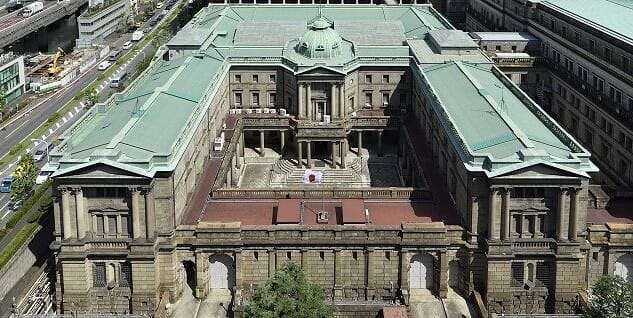Japan’s services activity expanded at the slowest pace this year in October, a business survey showed on Monday, reinforcing concerns that the key sector propelling economic growth is continuing to soften.
The final au Jibun Bank Service purchasing managers’ index (PMI) fell to 51.6 in October from 53.8 in September, beset by weak demand.
The index was slightly above the flash reading of 51.1 and remained over the 50.0 threshold separating expansion from contraction, according to the survey compiled by S&P Global Intelligence.
“While the PMI data continue to make positive reading for the Japanese service sector, the recent trends suggest that growth is on the wane,” said Andrew Harker, economics director at S&P Global.
Although consumption maintained its post-pandemic momentum, the rise in new orders was the weakest since January and new export orders slipped into the contraction for the first time in 14 months.
Employment returned to growth, but retirements offset the overall pace of job creation, the survey found. Business expectations, while optimistic, dipped to a nine-month low.
The worsening conflict in the Middle East and slower growth in China cloud the outlook for Japan, among the largest economies in the world. The government last week compiled a more than 17 trillion yen ($113 billion) package of measures to cushion the economic blow from inflation.
There was some positive news with inflationary pressures easing to a four-month low, even as fuel costs and wages rose.
The composite PMI, which combines the manufacturing and service activity figures, fell to 50.5 in October from 52.1 in September, staying above the break-even 50 mark for 10 months in a row.
BOJ agreed to patiently continue monetary easing at sept meeting
Meanwhile, Bank of Japan board members agreed at a policy meeting in September to continue monetary easing patiently so as to achieve a sustainable inflation target in tandem with wage growth, minutes of its September meeting showed on Monday.
Several members said abolishing a negative rate and yield control policy would have to be discussed together with any successful achievement of the BOJ’s 2 per cent inflation target.
At the Sept. 21-22 meeting, the BOJ stuck to its easy money settings and its pledge to support the economy until inflation sustainably hits its 2 per cent target, suggesting it was in no rush to phase out its massive stimulus programme.
Last Tuesday, the central bank further loosened its grip on long-term interest rates by tweaking its bond yield control again on Tuesday, taking another small step towards dismantling its controversial monetary stimulus of the past decade. – Reuters









